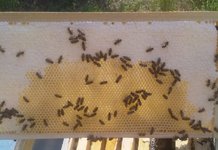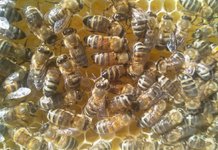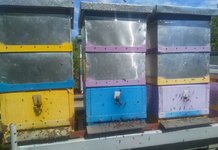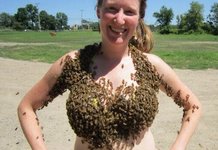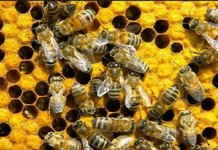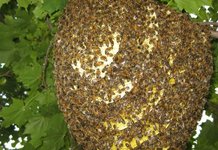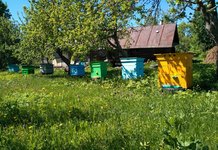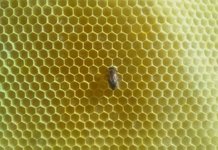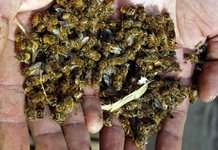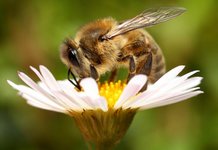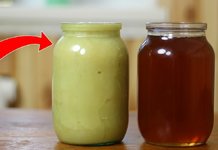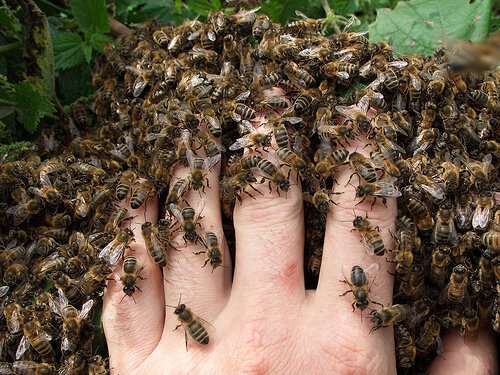
When working with bees, the beekeeper necessarily needs protection of open areas of the body.

Sure, face protection is of utmost importance. The skin on the face is tender and any tumor after stinging heals for a long time, it’s not even pleasing to understand that the bee has died because of this.
Hands are another matter. Here beekeepers are divided approximately equally. Some believe that gloves are an integral part of the beekeeper’s costume, without which it is impossible to work with bees! Others, on the contrary, do not use gloves. They work exclusively with unprotected hands, and they believe that this thing is absolutely unnecessary.
Let's try to figure out which of them is right.
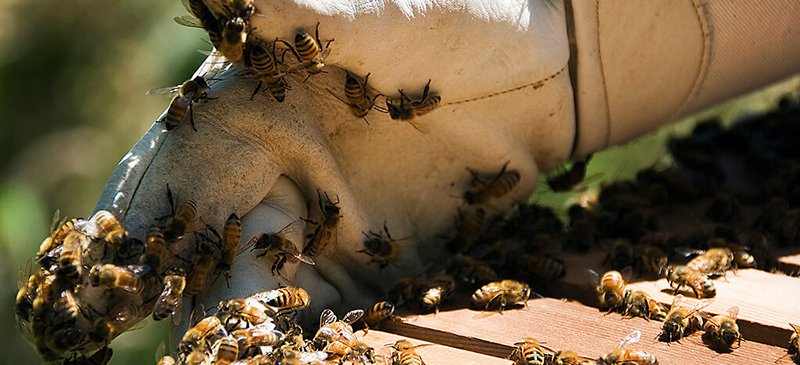
Now for beekeepers produce special gloves made of the finest and most delicate genuine leather. They sit very comfortably on the hand and practically do not interfere with most of the work. However, this honey barrel also has its own fly in the ointment.
Firstly, they cost about 10 times more expensive than any other analogues. Not every beekeeper can afford to use special gloves, often replacing them with cheaper ones, for example, rubberized painters. The minus of the latter is that their hands sweat a lot.
In beekeeping gloves, although the hand does not sweat, because the skin breathes, they, unfortunately, do not serve for more than one season. They get dirty quickly, and it is not possible to remove them; after washing, the skin sits and tans very much.
Therefore, if you decide to use special beekeeping gloves, do not skimp and change them every season.
Why do the beekeeper need gloves?
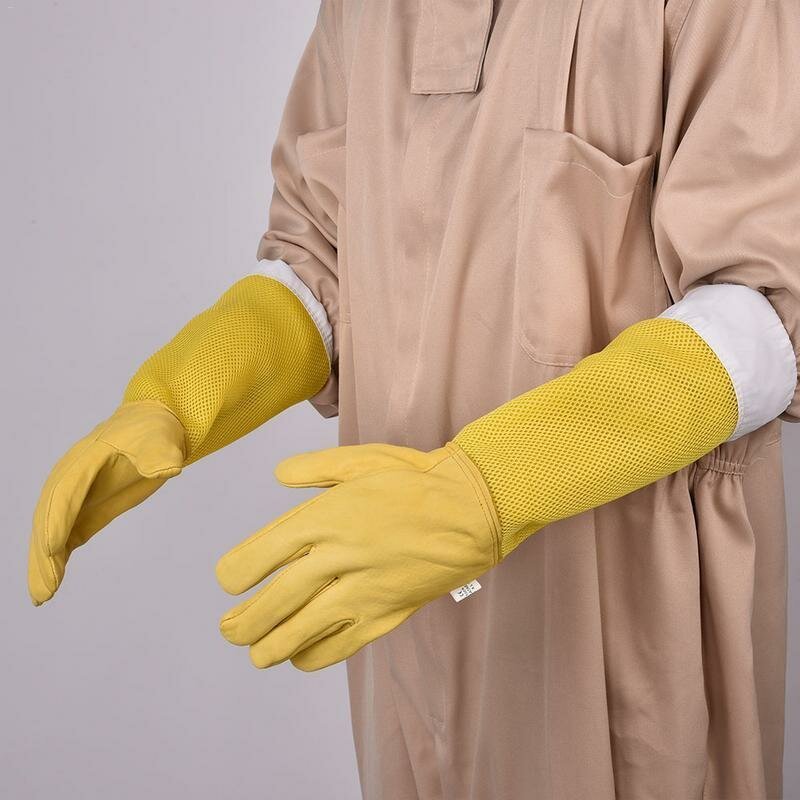
Of course, to avoid beekeeping and not to get your hands dirty with propolis.
Some people have allergies to propolis. In addition, it is extremely difficult to wash off. It would seem that these arguments are already enough to safely say that gloves are a necessary thing and everyone should use them. But you can depart from the rules.
I wrote above that beekeepers were divided into two camps, by the way, I belong to those who work without gloves. I assure you, it’s not the price.
Whatever the gloves are delicate and thin, the sensitivity of the fingers with them is in any case reduced. Some operations in this regard are simply impossible to perform.
And if there is no allergy to propolis, remember that it favorably affects the skin of the hands. Propolis has unique healing properties. All wounds and cuts are literally in front of his eyes, he also copes with the treatment of warts and scars.
As for the most important thing - fears of bee removal, remember that not all bees behave aggressively. There are breeds like carnica, Carpathian, Italian, which are famous for their peace and allow the beekeeper to work with them with unprotected hands.
It happens that you work with bees all day and get one maximum of two bee stings, and not so much because of the aggression of the bees, but because of your lack of accuracy in the work.
Melissa is the salvation for the beekeeper if gloves are torn!
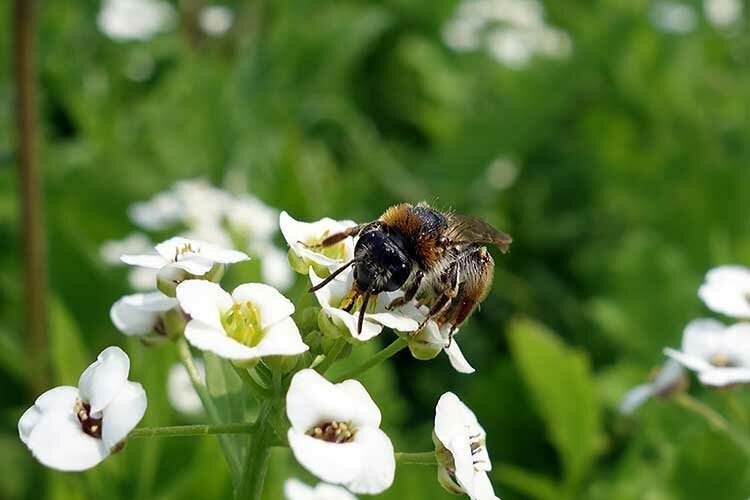
By the way some beekeepers who do not use gloves protect their hands by lubricating them with aromatic herbs: mint and lemon balm.
The smell of these herbs soothes the bee and significantly reduces aggression. For this purpose, beekeepers even sow these herbs between the rows of hives, so you don’t even have to go far to grease your hands, just bend down and a handful of lemon balm from under your feet.
I gave you all the arguments for and against gloves, but the choice, of course, is yours.


